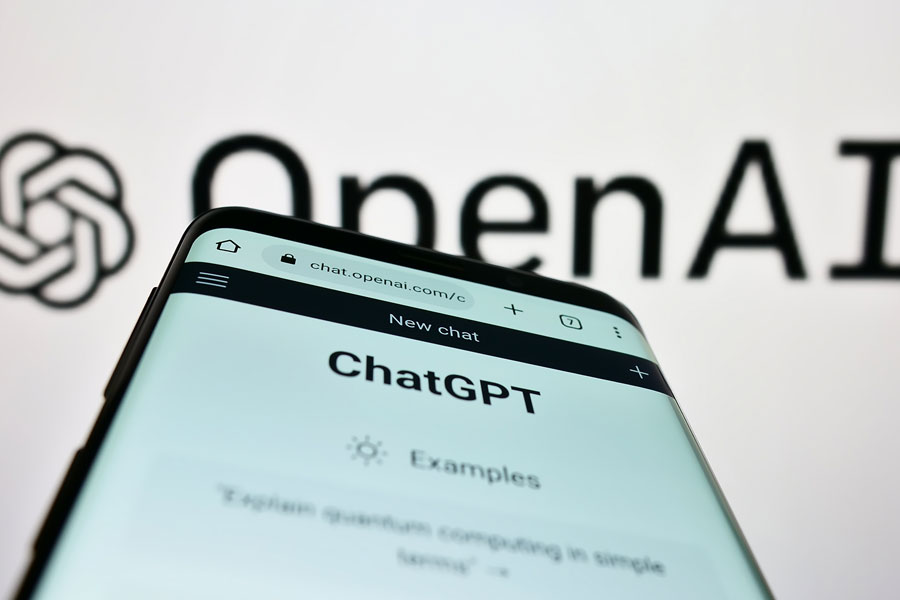Experts Say Blockchain Has Potential to Revolutionize AI Training Data to Prevent Bias and Misinformation

NEW YORK, NY – With growing use of artificial intelligence (AI), there has been increased concern about the potential biases and misinformation that can be embedded within the data used to train AI models. This poses a significant challenge, as AI systems, such as ChatGPT, rely heavily on the data they are trained on to generate accurate and reliable responses.
Enter blockchain technology, which could provide a game-changing solution to this problem. According to CNBC, both executives and experts are hailing the integration of blockchain with AI training data as a potential “killer use case” for the technology.
Blockchain first emerged in 2009 with the advent of bitcoin, functioning as an immutable and tamper-proof public ledger for cryptocurrency transactions. Since then, businesses have been exploring the broader applications of blockchain, also known as distributed ledger technology.
The concept is simple yet powerful. By leveraging blockchain, training data can be securely stored and verified. This allows developers to maintain a comprehensive record of the data used to train AI models, ensuring transparency and accountability.
Casper Labs, a prominent business-focused blockchain firm, recently partnered with tech giant IBM to develop a system that utilizes blockchain for AI training data. Medha Parlika, Chief Technology Officer and co-founder of Casper Labs, explained the benefits during a panel discussion at the World Economic Forum in Davos.
“The datasets are actually checkpointed and stored on the blockchain so you have a proof of how the AI is trained,” Parlika said. “And so as you use the AI, if it’s learning and you find that the AI is starting to hallucinate, you can actually roll back the AI. And so you can undo some of the learning and go back to a previous version of the AI.”
This groundbreaking approach addresses the issue of biases and false information in AI systems. Hallucinations, in this context, refer to instances when an AI system generates inaccurate or misleading responses.
Blockchain has long been touted as a transformative technology across various industries, from finance to healthcare. However, Sheila Warren, CEO of the Crypto Council for Innovation, believes that a blockchain-based AI training data ledger could be the technology’s most impactful application yet.
“I actually do think that the verification of an AI and sort of the checks and balances… within an AI system are going to be blockchain driven and blockchain backed,” Warren stated during the panel discussion.
The integration of blockchain and AI training data could not only ensure the integrity and accuracy of AI models but also allow for a more accountable and transparent approach to artificial intelligence.


